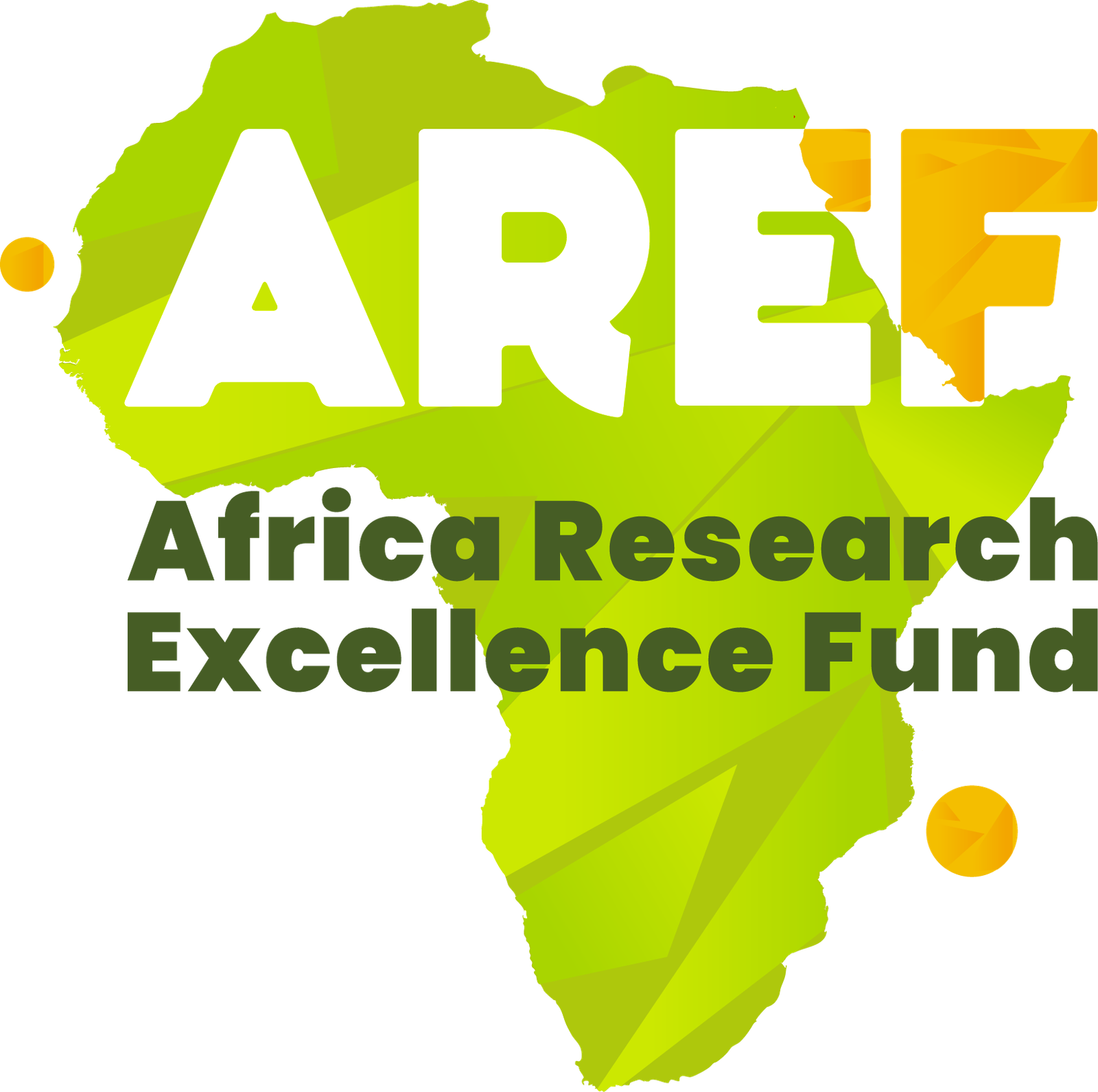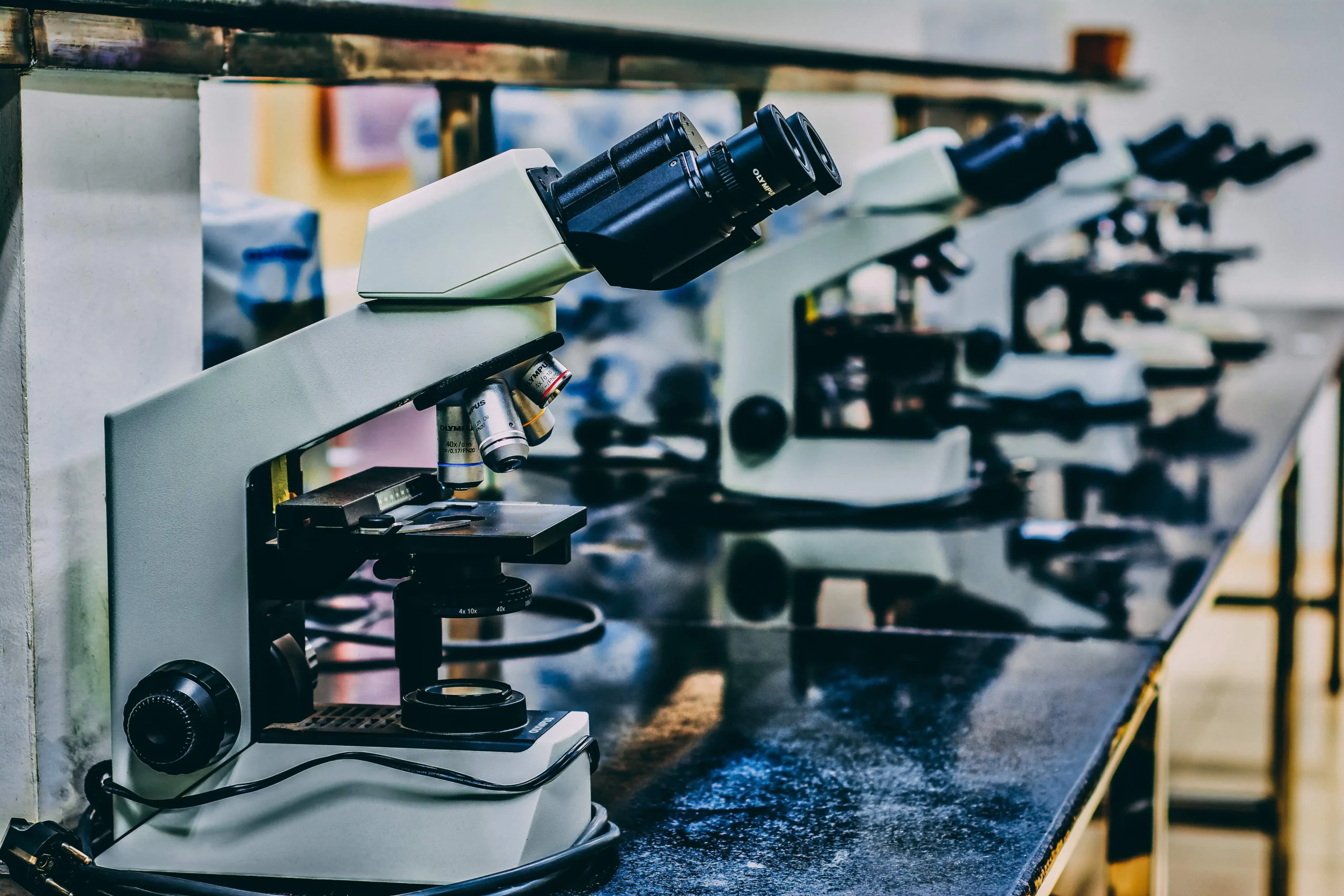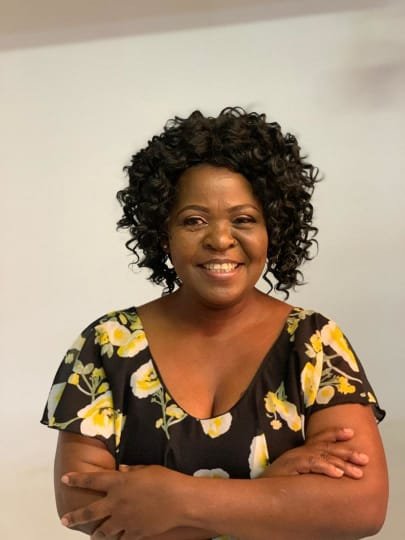Employing institution: University of Zimbabwe
Host institution: Technical University of Munich (Germany)
Project title: Impacting Health and Well-being of Infants in LMIC by Strengthening Gut Microbiome Research in Zimbabwe.
Dr Zhou is an academician at the University of Zimbabwe, who recently completed fellowship with the Women of the World of Science (WOWS), Allies and Mentorship Scheme, UK. Her WOWS mentor is Professor Doreen Cantrell (University of Dundee, Scotland), who collaborates with Prof. Lindsay Hall, Chair of Intestinal Microbiome at the Technical University of Munich, Germany. Mentorship by both Prof. Cantrell and Prof. Hall, motivated Danai to apply for the fellowship.
AREF Fellowship Research Project:
Research on human microbiota and their alterations in disease are of considerable interest in low- and middle- income countries, where the problems of infant nutrition, chronic diarrhea and failure to thrive in infants are a high priority.
Addressing early-life microbiota is particularly pivotal, as many events capable of shaping microbial communities, even in adults, take place during this phase of life. This cross-sectional study will focus on the early-life gut microbiome of breastfed infants, aged 3-14 months, delivered by caesarean section, in low resource, high HIV burden settings. The knowledge generated will be useful for designing new nutritional supplements for restoring gut dysbiosis, targeting HIV-infected infants, in line with the UN SDG3, to ensure healthy lives and promote well-being for all at all ages.
Dr. Zhou’s fellowship will take place at Professor Hall’s intestinal microbiome laboratory at the Technical University of Munich, Germany. Working within the context of broad early life research framework, this placement will provide her with an outstanding environment, including cutting-edge infrastructure and facilities, to strengthen her skills in next generation sequencing and bioinformatics. Upon return to her home institution, she will continue to receive support, and collaborate towards developing a microbiome research laboratory.
“This capacity building opportunity will ensure robustness of generated data. Interventions, developed from results of this research and others have potential to improve infant health.”



